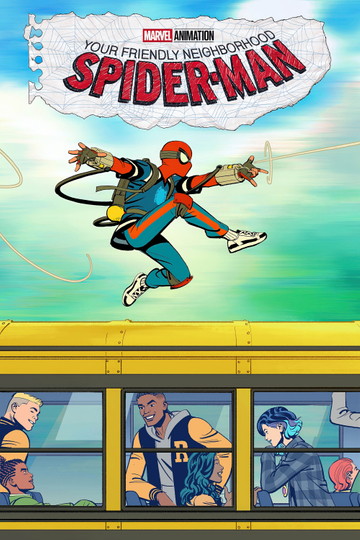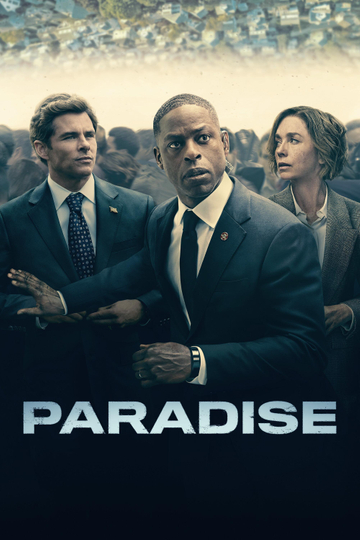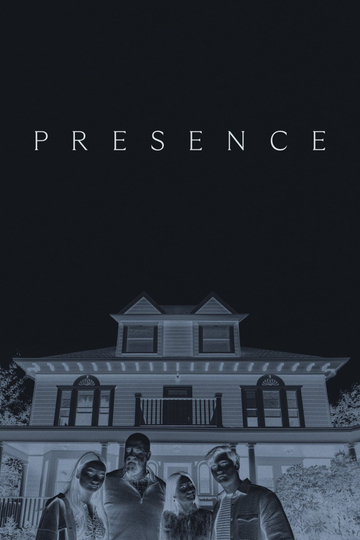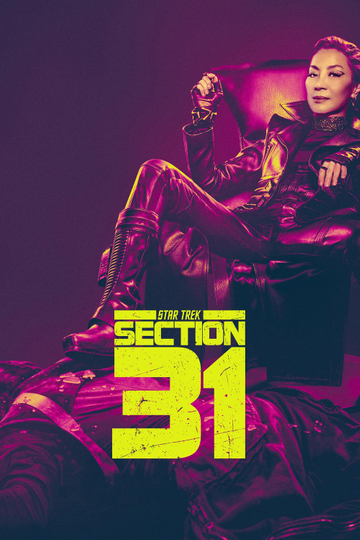Season 2001 Episodes
1. The First 100 Days
The administration of President George W. Bush in substance and style.
2. A Dream Deferred
The HIV/AIDS epidemic has struck Africa with horrific force -- more 3.8 million people infected in 2000. Many of these people will die within a decade. CNN's Charlayne Hunter-Gault takes a look at the lives of six South Africans who illuminate the face of the HIV/AIDS pandemic sweeping the continent.
3. Terminal Count
CNN Space Correspondent Miles O'Brien takes a behind-the-scenes look at what it takes to make the space shuttle fly.
4. Downsizing.com
In 1999, CNN took a look at some of the people of California's Silicon Valley participating in and benefiting from the roaring economic boom fueled by technology. Now, as companies lay off workers and entrepreneurs fold their businesses, CNN returns to see how some have fared.
5. Asylum in America
Thousands of people seek asylum in America each year, fleeing racial, religious, political or other types of persecution in countries around the world. For the first time, cameras were allowed to record the closed and confidential asylum proceedings inside the U.S. Immigration and Naturalization Service.
6. Exodus from Africa
African journalist Sorious Samura fled the violence in his country in search of a better life and later returned to document the violence there in the award-winning documentary "Cry Freetown." Samura has now turned his focus on the arduous trek that Africans are making and why they risk their lives for an uncertain future.
7. Proving Ground
The annual Sydney to Hobart yacht race is a great Australian tradition -- a days-long event across dangerous, often stormy seas -- that is nicknamed "Hell on High Water." But in 1998, no one anticipated the disaster that led to the deaths of six of the competing sailors.
8. Killing Pablo
CNN's Mike Boettcher takes a close look at the top-secret the United States played in the manhunt for the Colombian drug lord Pablo Escobar.
9. Northern Ireland: Dying for Peace
Three decades of conflict in Northern Ireland have left more than 3,000 people dead, pitted Catholic against Protestant and turned neighbor against neighbor. CNN's Nic Robertson examines the battle for peace with a look at the most controversial politician in the U.K.: IRA commander-turned-peacemaker Martin McGuinness.
10. America's Best: Artists and Entertainers
Admire them or envy them, there's something deeply fascinating about the small group of people who are simply the best at what they do. CNN and TIME have joined forces to examine America's best, focusing first on 21 artists and entertainers.
11. Gridlock
With U.S. air travel rife with delays and congestion, CNN's Leon Harris takes a look at how the air traffic system works and ways it can be improved.
12. Urban Combat
The U.S. Army believes the wars of the future are likely to be fought in cities. CNN Presents takes a look at soldiers in the 101st Airborne as they train for an urban battlefield.
13. America's Best: Science and Medicine
In the second installment of America's Best, CNN and TIME looked at the brilliant individuals, combining passion and obsession, who are still pushing the boundaries of of science and medicine, often by questioning or ignoring the conventional wisdom. CNN Presents profiled pediatric neurosurgeon Ben Carson, AIDS researcher Anthony Fauci, neurobiologist Patricia Goldman-Rakic, paleontologist Andrew Knoll and climatologist Lonnie Thompson.
14. Wasted
Most people who drink alcohol imbibe without a problem. But at least 8 million American adults meet the clinical definition of alcoholism and millions more abuse alcohol or occasionally engage in risky drinking, inflicting damage upon society and themselves.
15. Beneath the Veil
Since the Taliban took control of most of Afghanistan in 1996, the group has imposed its harsh version of Islamic law on the country. In "Beneath the Veil," journalist Saira Shah traveled to Afghanistan to see the effects of the Taliban's rule on her father's homeland.
16. America's Best: Society and Culture
A CNN-Time collaboration identifying the people who are simply the best in America.
17. The Struggle for Islam
With international attention focused on Osama bin Laden, an Islamic extremist who thinks he can rid the Muslim world of U.S. presence, most of the world, especially the West, is now asking how a religion can be used to justify acts of a terrorist?
18. Investigating Terror
How could the 19 suspected hijackers -- and whoever may have helped them -- hide in plain sight in the weeks and months before September 11, fooling everyone to such deadly effect? Investigators from the United States and throughout the world are now faced with that question and many more as they try to trace the trail of terrorism.
19. Somalia: Black Hawk Down
In the early 1990s, the United States became part of a multi-national military force that aimed to get humanitarian aid to Somalia. The ambitious humanitarian mission ended in bullets, missiles and death.
20. Air Insecurity
How safe are U.S. skies?
21. Dying to Tell the Story
A picture is worth a thousand words. Is it worth a single life?
22. Soldiers of God
Afganistan's battle against Soviet occupation.
23. Unholy War
Months before September 11, Saira Shah traveled to Afghanistan to record the impact of the Taliban's harsh rule for her documentary "Beneath the Veil." She recently returned to Afghanistan to see how the U.S. airstrikes are affecting the average Afghan.
24. Babies on the Brink
About one out of every nine babies in the United States is born prematurely. Cutting-edge technology is giving doctors the chance to save babies as tiny as 1 pound, but it comes with a price because as many as 80 to 90 percent suffer lasting disabilities.
25. Return to Freetown
In the award-winning "Cry Freetown," African journalist Sorious Samura documented the horrific suffering that a brutal civil war inflicted upon his homeland of Sierra Leone. He now revisits his country after a peace agreement called for RUF child soldiers to return to their homes and families.
26. Are We Ready?
Every American is now vividly aware of the threat of terrorism. As the U.S. government struggles to close the security gaps at airports, concerns are rising about a range of other potential dangers. How prepared are local, state and federal agencies to deal with the possibility of a large-scale biological or nuclear attack?




























